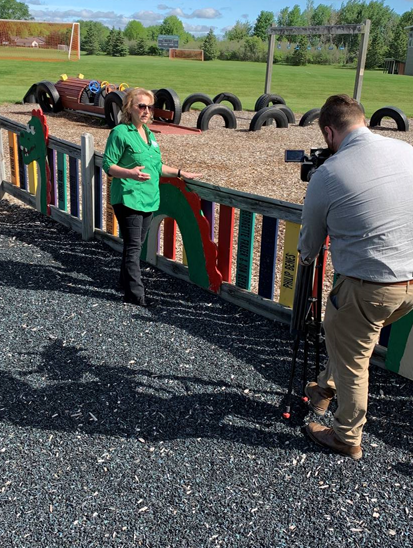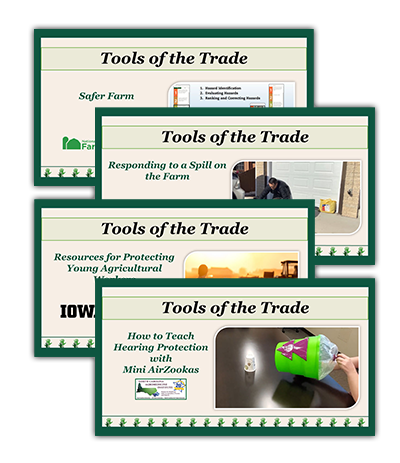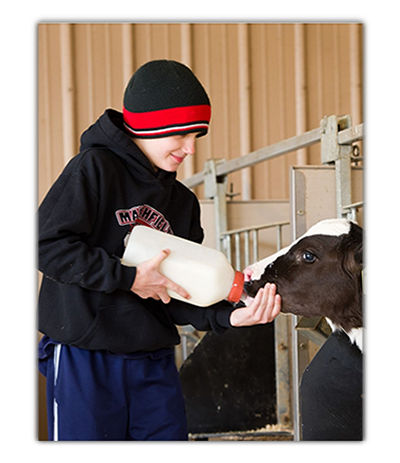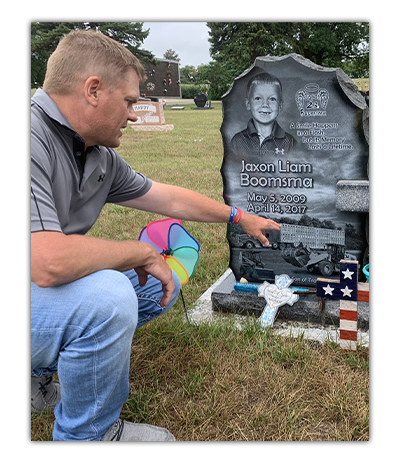The goal of the Outreach Core is to mobilize child agricultural health and safety knowledge, ensuring that evidence-based approaches, technologies, guidelines, policies, best practices, and similar activities are promoted and disseminated to affected populations and organizations that work with them, such that farm families, young workers, and associated agricultural industry members benefit through reduced child injuries and fatalities.
The project is innovative in that it takes an existing communication model and uses it in a new way - designing messaging for child agricultural safety and health. The staff members are in the ideal environment to conduct this work with solid support from the home base of the National Farm Medicine Center/National Children's Center for Rural and Agricultural Health and Safety and established partnerships with the regional NIOSH Agricultural Centers and Childhood Agricultural Safety Network. The approach is highly collaborative, working with both the NCCRAHS project teams and external stakeholders to achieve the specific aims:
1.) Translate NCCRAHS child agricultural health and safety research findings into practice through educational resources, guidelines, recommendations, and other tools that can be used to enhance child safety in agriculture.
2.) Engage with stakeholders in Social-Ecological Model to aid them in building and sustaining capacity in child agricultural safety and health.
3.) Conduct a systematic evaluation in year 5 to measure the reach and impact of the NCCRAHS outreach and communication efforts.
This project is responsive to two goals of the 2012 Blueprint for Childhood Agricultural Safety: a) Goal IV - the identification and activation of effective child safety and health interventions and b) Goal V - the mobilization and dissemination of evidence-based practices to stakeholders via proactive collaborations. This project is also responsive to two of the 2020 Vision recommendations: a) focus on impact and b) strengthen partnerships.
Tools of the Trade
Video demonstrations and accompanying handouts of ag-related safety resources, interactive tools and training programs.
CASH Workshops
NCCRAHS routinely hosts child agricultural safety and health workshops. Sessions cover a wide array of safety topics, benefits and risks.
Storytelling
The Telling the Story Project injects prevention messages into first-person injury stories. This branch focuses on ag-related child injury and fatality stories.
Leveraging online content for child ag safety and health.
Over the last couple of decades, the internet has become an important source of information for a large part of the population, increasing the importance of having easily accessible and accurate information available. In addition to keeping content relevant and up to date on NCCRAHS websites, it is important to ensure information on websites where stakeholders may go for information is also kept current and relevant. Wikipedia and the National Agricultural Safety Database (NASD) are two such websites. Wikipedia increasingly appears in search engine rankings on a variety of important occupational safety and health topics and offers more than 6 million articles in English garnering more than 15 billion page views per month and NASD is similarly popular to those seeking specific information on agricultural safety and health. The Outreach Core proposes to add information on childhood agricultural safety and health to existing Wikipedia articles and establish standardized procedures for creating and making these updates. Content related to child ag safety and health will be reviewed on the NASD website as well, ensuring that all content is up to date and references current resources and best practices. Metrics used to evaluate these efforts will include number of articles improved, amount of content added, number of page views and website analytics (will be used to determine traffic coming from Wikipedia and NASD). During the final year, data from all efforts will be analyzed and recommendations generated and published for future applications.
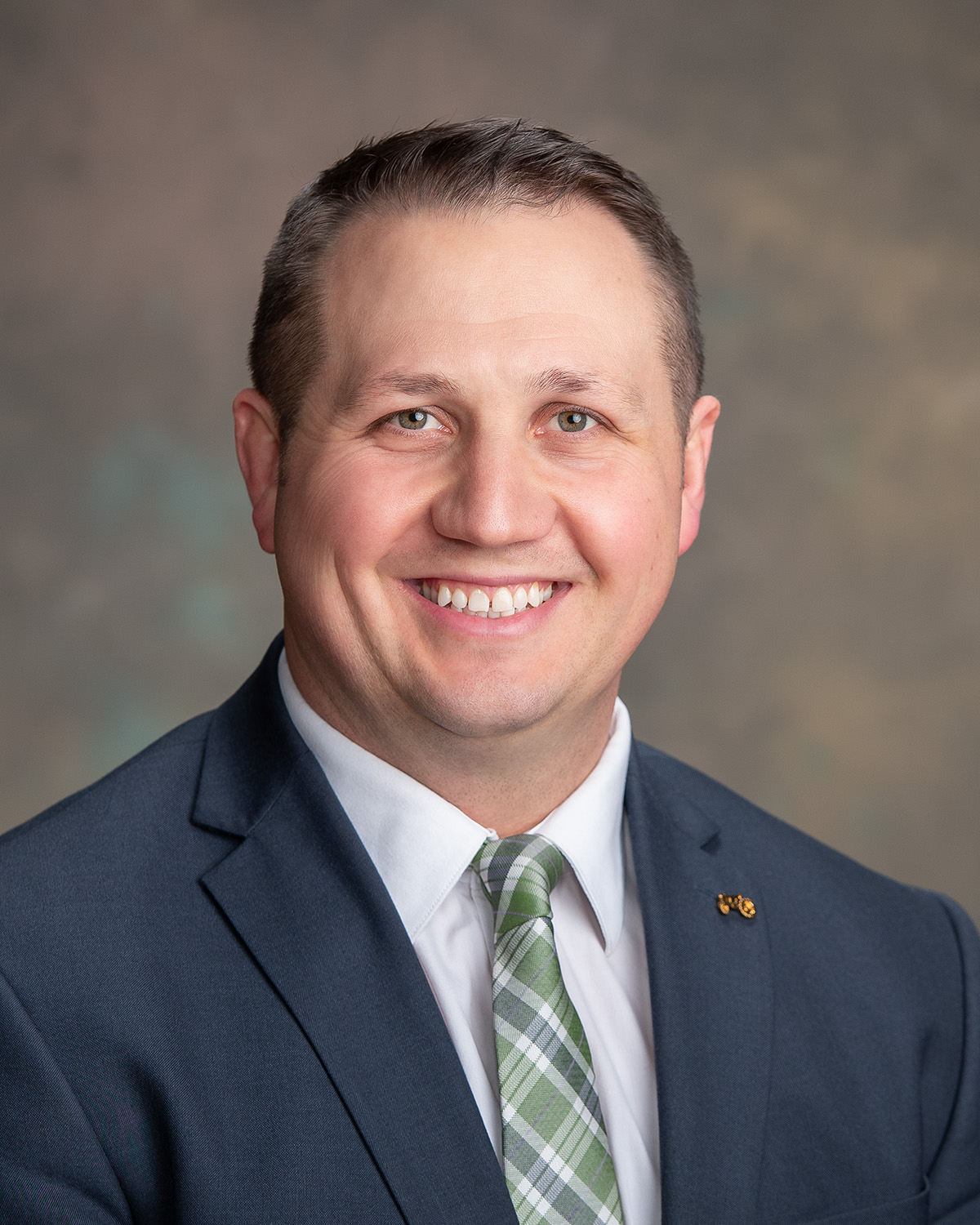
Principal Investigator: Casper Bendixsen, PhD
Dr. Bendixsen is a social-cultural anthropologist with an extensive background working with, living within, and researching agricultural and rural communities in the U.S. His current work focuses on translating the knowledge of agricultural health and safety in order to promote voluntary adoption by farm and ranch communities - reducing injuries, illness, and fatalities among farmers, farm workers, and farm families. Communities of particular interest to me include: beginning/young farmers and ranchers, rural firefighter/EMT's, and minority and niche farm groups. Additionally, He remains engaged in conversations regarding agrarian ethics, traditionalist and working class attitudes, and rural imaginaries - always trying to apply an anthropological perspective in order to improve the human condition.
Senior Key Personnel:

